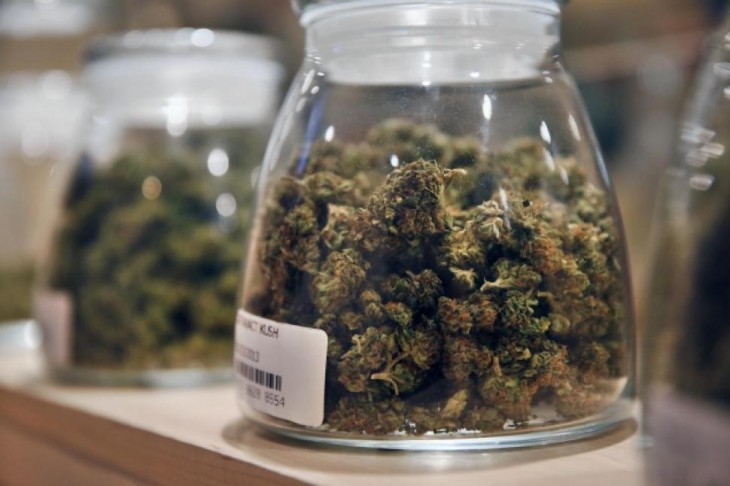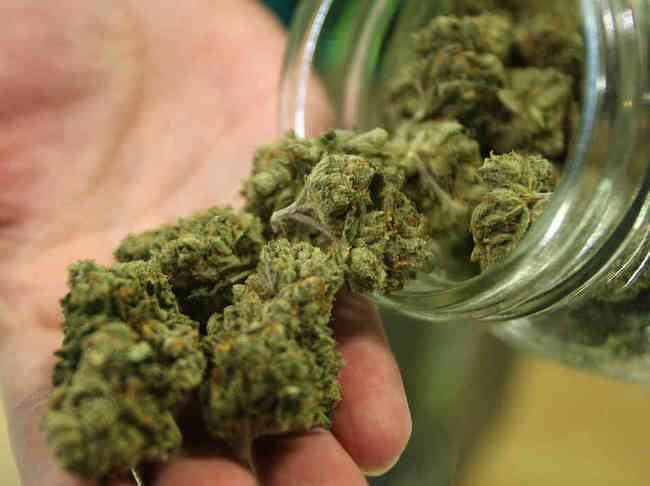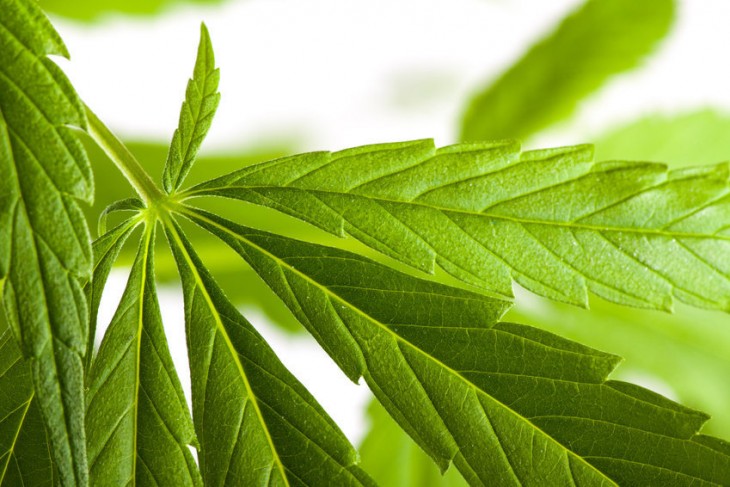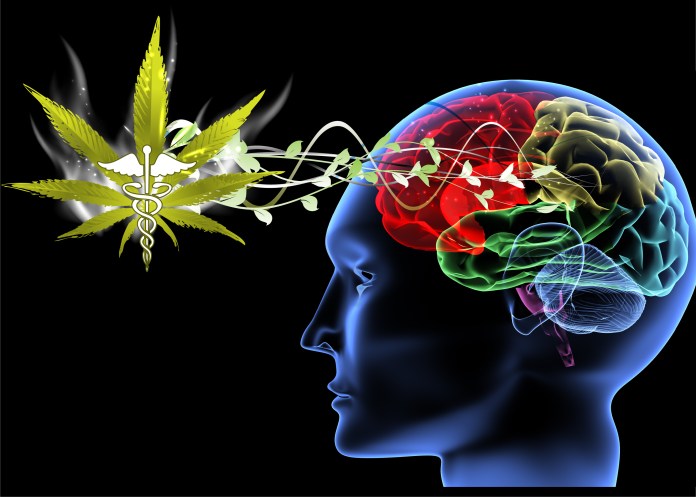One of the most controversial and discussed topics in the recent years has been concussions. Mostly those sportspersons who are into games like football, rugby or boxing and victims of car accidents are more likely to incur concussions.
What Is Concussion?
Concussion is a minor shocking brain injury that is caused by either a blow to the skull or due to very rapid movements making the head go back and forth. The brain is a fragile organ and thus nature has kept it inside a protective bubble, which is of cerebrospinal fluid. In case of a sudden jerk or a strong blow, this fluid cannot stop the brain from moving and slamming against the skull. This results in twisting of the brain damaging the cells of the brain, causing inflammation, or leading to disruption of the natural chemical process. Though concussion is not generally considered deadly, the effects can be serious.
There are very few viable treatments available right now for reducing the discomfort and pain associated with it. Research, however, shows that cannabis can be a potential solution.
How Does Cannabis Help in Concussion Treatment?
One of the most common and primary impacts of concussion is neural inflammation. Cannabis has neuroprotectants antioxidants, which are known to reduce the brain inflammation and prevent damage associated with stress. The tests done on animals have shown that small dosages of THC (tetrahydrocannabinol), the principal psychoactive constituent of cannabis reduced the swelling in their brain.
The U.S. govt. also seems to agree with the research that marijuana has the potential to act as a neuroprotective agent. It is evident from the fact that there is a federal patent on non-psychoactive CBD for its use as a neuroprotective agent. In the patent application, it is stated that cannabis has the ability to restrict the extent of neurological damage after ischemic insults like stroke and trauma.
The cannabinoids present in the plant have also shown promise in the treatment of neurodegenerative diseases. These include Parkinson’s disease, Alzheimer’s disease, and HIV dementia.
There is ongoing research on using cannabis the proactive way and it has also shown positive results. There are people in areas, which are more prone to concussion risks. These include professional athletes, especially those playing rugby, football, boxing etc. In these people, cannabis might be helpful as a pre-treatment.
Though more research is required, the initial findings suggest that the herb definitely has the potential to brain-healing.









